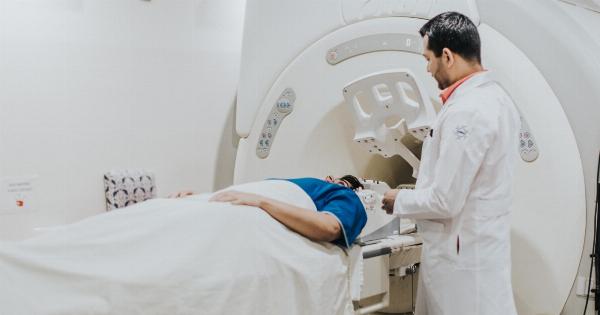For many people, coffee is not just a simple beverage to start the day; it is an essential part of their routine and a source of comfort. Some people cannot even imagine functioning without their daily dose of caffeine.
But what exactly makes coffee so addictive? Is it just the taste and aroma, or is there something more to it? In this article, we delve into the science behind coffee addicts and explore the various factors that contribute to this addiction.
The Role of Caffeine
Caffeine, a natural stimulant, is the primary component in coffee that makes it addictive. When you consume coffee, caffeine enters your bloodstream and reaches your brain.
Once there, it blocks the action of adenosine, a neurotransmitter responsible for promoting sleep and relaxation. By inhibiting adenosine, caffeine increases neuronal firing and the release of other neurotransmitters like dopamine, norepinephrine, and serotonin.
The Dopamine Connection
Dopamine, often referred to as the “feel-good” neurotransmitter, plays a crucial role in the addiction process. The increased release of dopamine triggered by caffeine creates a rewarding sensation and reinforces the desire for more coffee.
Dopamine is associated with pleasure, motivation, and reinforcement of behavior, making it a key player in addiction.
Genetics and Individual Variations
Not everyone becomes addicted to coffee, and genetics may play a role in determining an individual’s susceptibility to caffeine addiction.
Some individuals metabolize caffeine more slowly, prolonging its effects and making them more prone to addiction. On the other hand, others metabolize caffeine quickly and may not experience the same level of addiction.
The Habit Formation
Aside from the biological factors, the habit-forming nature of coffee addiction also contributes to its prevalence. When you regularly consume coffee, your body becomes accustomed to the caffeine and adjusts its neurotransmitter levels accordingly.
Over time, your body may even develop a tolerance to caffeine, requiring larger doses to achieve the same effect.
Psychological and Emotional Factors
It is not just the physiological effects of caffeine that make coffee addictive. Psychological and emotional factors also play a significant role. Coffee often becomes associated with certain emotions, activities, or rituals, adding to its appeal.
The aroma, taste, and the act of brewing coffee can provide a sense of comfort, relaxation, or even social bonding. These psychological and emotional connections further reinforce the addiction.
Withdrawal Symptoms
When a coffee addict tries to quit or significantly reduce their caffeine intake, they may experience withdrawal symptoms.
These symptoms can range from mild to severe and may include headaches, fatigue, irritability, anxiety, and difficulty concentrating. The severity and duration of these withdrawal symptoms can vary depending on the individual and their level of dependence on caffeine.
Health Effects
Although moderate coffee consumption has been associated with several health benefits, excessive consumption or dependence on coffee can have negative consequences.
Excessive caffeine intake can lead to sleep disturbances, increased heart rate and blood pressure, digestive issues, and exacerbation of anxiety disorders. It is important to be mindful of your coffee consumption and maintain a balanced approach.
Breaking the Addiction
If you feel your coffee addiction has reached a point where it is impacting your daily life or health negatively, breaking the addiction may be necessary.
Gradually reducing caffeine intake, finding alternative beverages or activities to replace coffee, and seeking support from friends and family can help in this process. It is crucial to remember that breaking an addiction takes time and perseverance.
Conclusion
Coffee addiction is not just about the love for the taste and aroma of coffee, but also the chemical reactions happening within our bodies.
The interplay between caffeine, dopamine, habit formation, and emotional factors contribute to the addictive nature of coffee. Understanding the science behind coffee addiction can help us make conscious choices regarding our caffeine intake and maintain a well-balanced and healthy lifestyle.






























